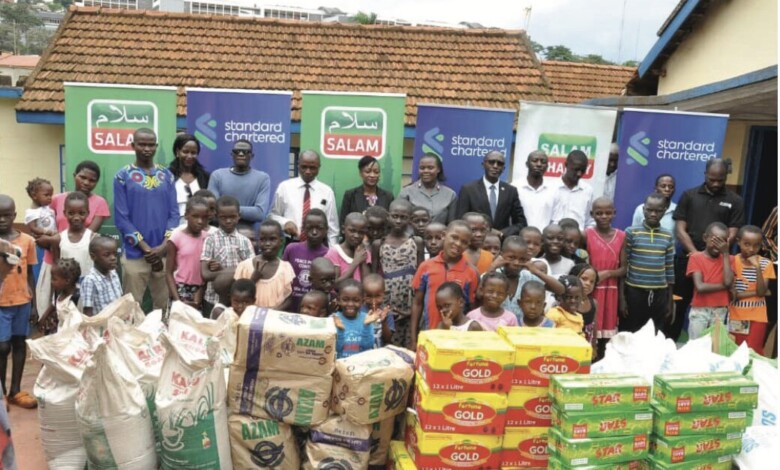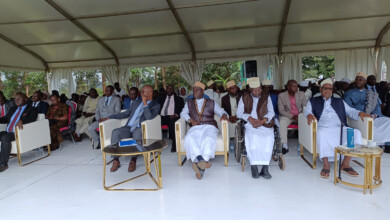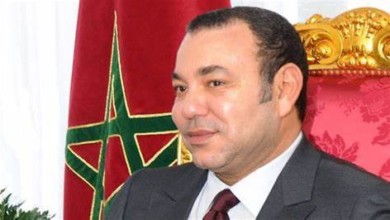How Salaam Charity changed the face of humanitarian work in Uganda

By Kassim Lubega and Iddi Ssessanga
When international aid began to dwindle, Ugandans didn’t wait. Salaam Charity rose with a simple belief — giving is about compassion, not wealth. From WhatsApp donations to building hospitals and feeding the hungry, discover how this homegrown movement has changed the face of humanitarian work in Uganda.
As the world witnesses a decline in traditional foreign humanitarian aid, a new model of support has emerged from within Uganda itself. Salaam Charity, a locally founded initiative, has transformed how communities respond to the needs of the vulnerable. Founded on the principle that giving is about compassion, not wealth, the organization has mobilized Ugandans to support one another without waiting for foreign donors.
From a small idea to a nationwide movement
Hajji Abdul-Kareem Kaliisa, the founder and Managing Director of Salaam Charity, recalls how the initiative began with a simple thought: if Ugandans unite, they can tackle poverty themselves.
“This program started on a small scale sensitizing the communities that if people come together imploring love among ourselves, it is about humanity, it is about Ugandans to make sure that we come together to fight poverty. When we do such programs, they are inclusive, not targeting people on tribal basis nor religious belief,” he explained.
What began as a few friends pooling resources has grown into a national movement. Using platforms like WhatsApp, ordinary Ugandans contribute small amounts that collectively bring relief to thousands.
The impact of Salaam Charity is visible in villages and towns across Uganda. Contributions have provided food for elderly villagers, school fees for orphans, construction of health facilities and schools, as well as funding for critical medical treatments.
Beneficiaries often share heartfelt words of gratitude:
“Salaam as a charity organization is trying to see that we help our vulnerable people in different communities.”
“We want to thank your organization for remembering Soroti. We would not think that people in Kampala would come and help people in Soroti and donate to them. We are very, very grateful.”
“Thank you so much Salaam Charity for thinking about Soroti regional referral hospital. We want to commit that this equipment will be put to very good use.”
These testimonies highlight not only the material support but also the sense of solidarity and dignity that Salaam Charity fosters.
“Kamu kamu gwe muganda”
True to the Luganda saying, “Kamu Kamu gwe muganda” — literally translated as “one by one makes a bundle”, a proverb often used in Buganda to emphasize patience and collective effort — Salaam Charity has shown that every shilling counts. By encouraging Ugandans to give whatever they can, the organization proves that humanitarian support is not the exclusive domain of wealthy nations. Instead, it is a collective act of love and responsibility within the community.
“The example of those who spend their wealth in the Way of Allah is like a seed of grain which grows seven ears; in every ear there are a hundred grains.” (Qur’an 2:261)
Media as a Tool for Transparency and Growth
Recognizing the importance of accountability, Salaam Charity turned to media to build trust and expand its reach. Salaam Television, an initiative under the charity, broadcasts appeals, showcases ongoing projects, and provides transparency in how donations are used.
“We went ahead to see that we use media. We have come up with Salaam Television under Salaam Charity to make sure that we reach out to various communities, sensitizing them as we may not be able to go door to door,” Hajji Kaliisa noted.
Through media, Salaam Charity not only mobilizes donations but also educates the public on the importance of local-led humanitarian action.
A Model for the Future
At a time when international aid is shrinking and global crises are multiplying; Salaam Charity stands as a shining example of self-reliance and compassion. By tapping into the power of community, the initiative has redefined humanitarian work in Uganda—making it inclusive, transparent, and sustainable.







